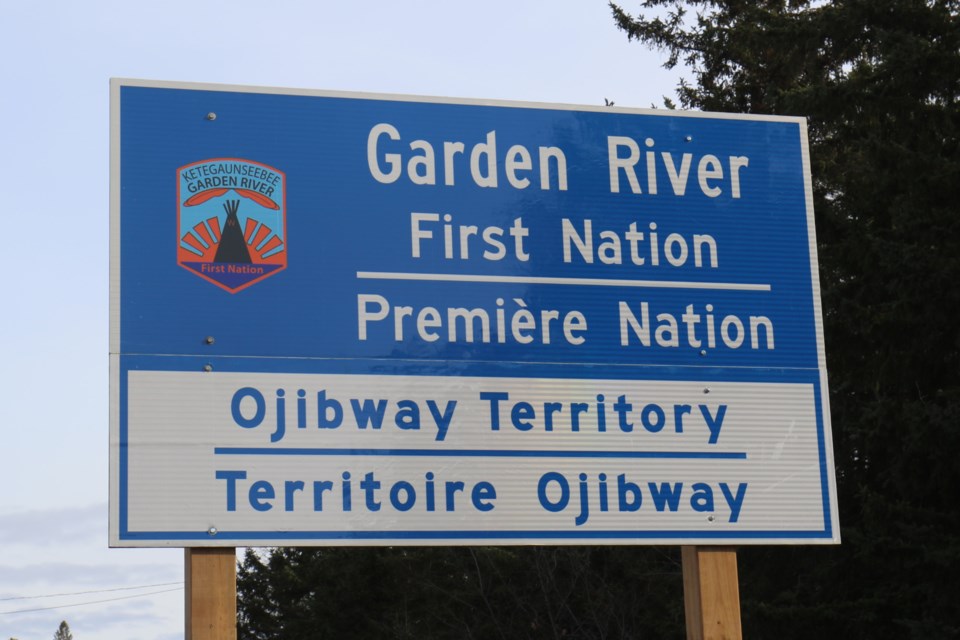Garden River leadership opposes 'unequal and unfair' distribution of $10B RHT settlement
Leadership in Garden River First Nation is opposing what it calls “unequal and unfair” plans to distribute the proposed $10-billion settlement in the Robinson Huron Treaty annuities claim among 21 First Nations.
Chief and council quietly released a memo to community members earlier this week speaking out against the distribution plan, which leadership says would see lawyers pocket an “unconscionable and outrageous” $500-million fee and Robinson Huron trustees using $1 billion of the settlement in order to implement a trust fund for future litigation and other needs.
The distribution agreement was voted on and approved by all 21 First Nations under the Robinson Huron Treaty in 2012 when litigation over unpaid treaty annuities was first initiated.
“This money comes out of your pockets and we don’t think it’s right or necessary,” said chief and council in the memo.
Leadership is also taking issue with the distribution formula, which it claims will make members of small First Nations “instant millionaires” while members of larger communities — like Garden River — receive roughly $50,000.
It’s also opposed to what’s being referred to as a “sliding scale” where the aging population will receive more settlement dollars than younger people.
“We are being put under great pressure to sign this unfair agreement,” said the memo to community members. “Please support us and resist this oppression.”
Leadership says Garden River First Nation will hold its own separate study group Sept. 9 — on the day of a treaty renewal ceremony in Sault Ste. Marie as part of the Robinson Huron Treaty of 1850 Gathering that’s being hosted by Garden River — so that band members “can learn what this agreement really says” without “carefully managed information coming from the head table.”
“We want you to know the truth so that you can make up your mind,” the memo said.
The $10-billion settlement from Canada and Ontario is expected to be finalized later this year.
In June, the federal and provincial governments announced the proposed settlement with the Robinson Huron Treaty Litigation Fund (RHTLF), the representative for the 21 Robinson Huron First Nations in the high-profile court case, after the Ontario Superior Court determined that the Crown failed to meet its treaty obligations to increase annuity payments for the Anishinaabeg as resource revenues within the treaty territory increased over time.
Prior to the landmark ruling, annuity payments to treaty beneficiaries had been capped at $4 for more than a century.
The Robinson Huron Treaty, which ceded a large swath of northeastern Ontario to the Crown, was signed in present-day Sault Ste. Marie on September 9, 1850.

No comments:
Post a Comment